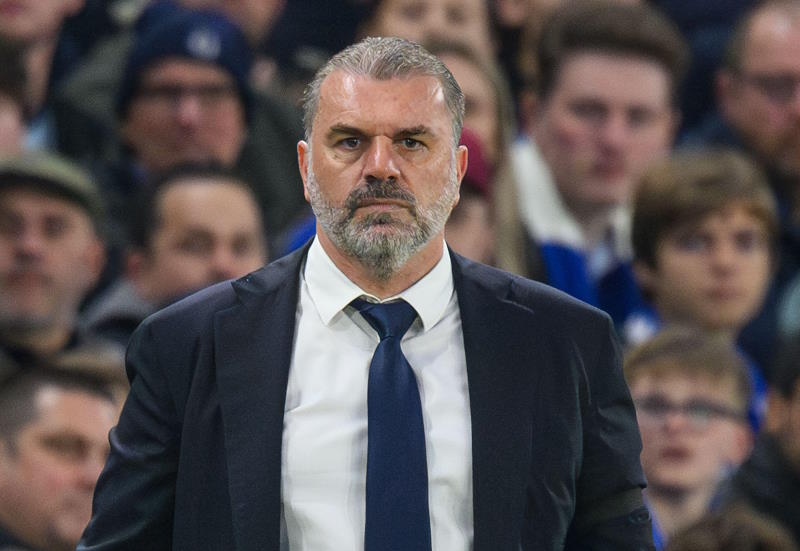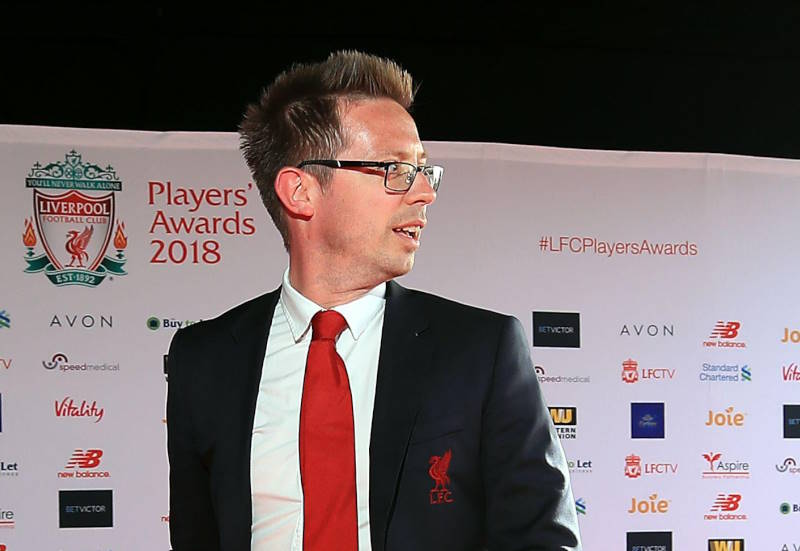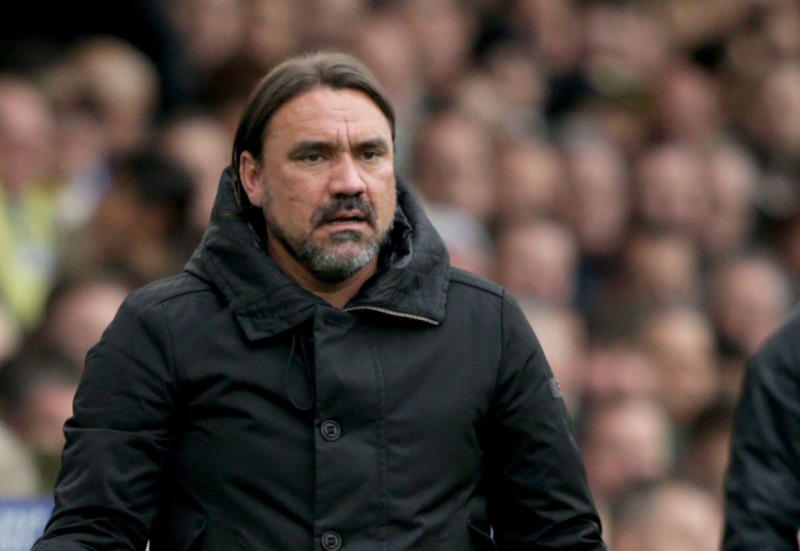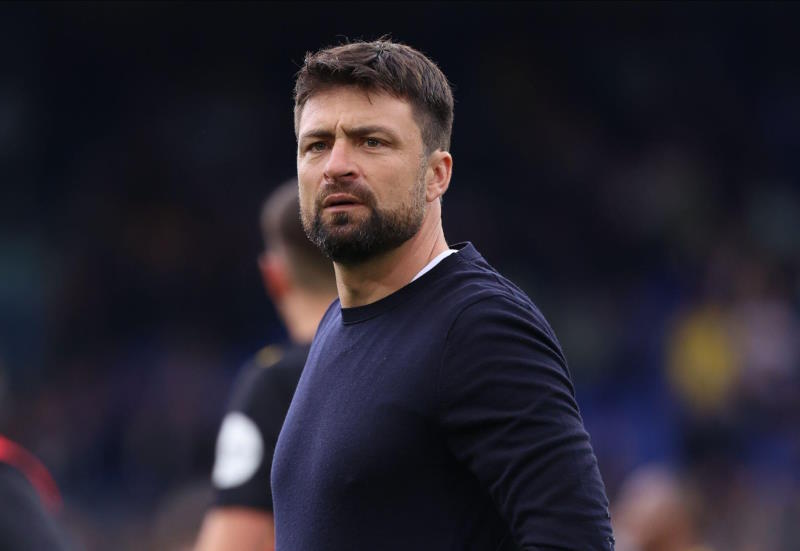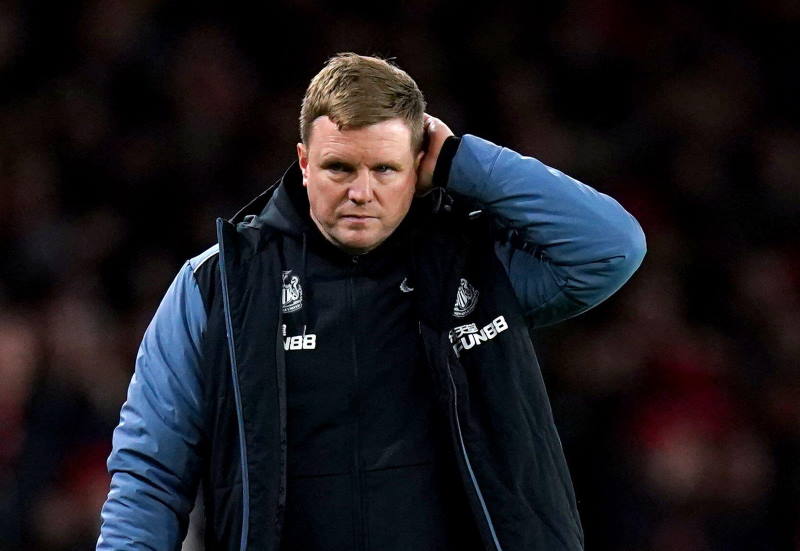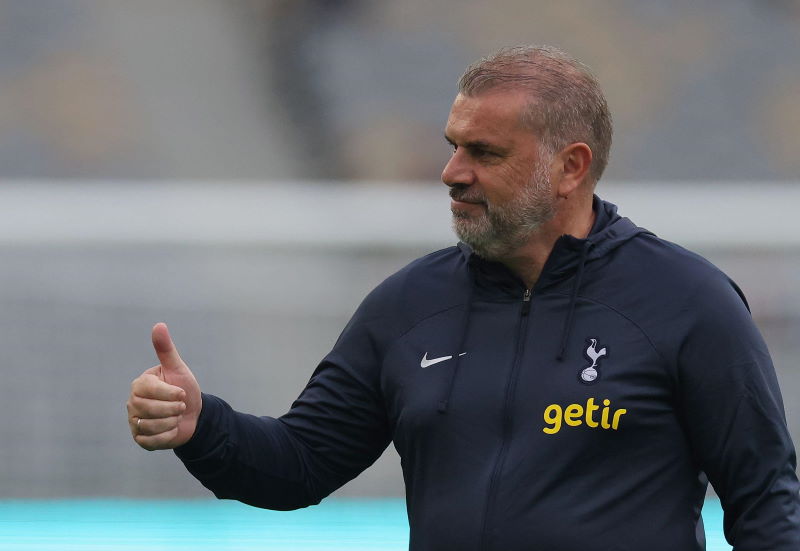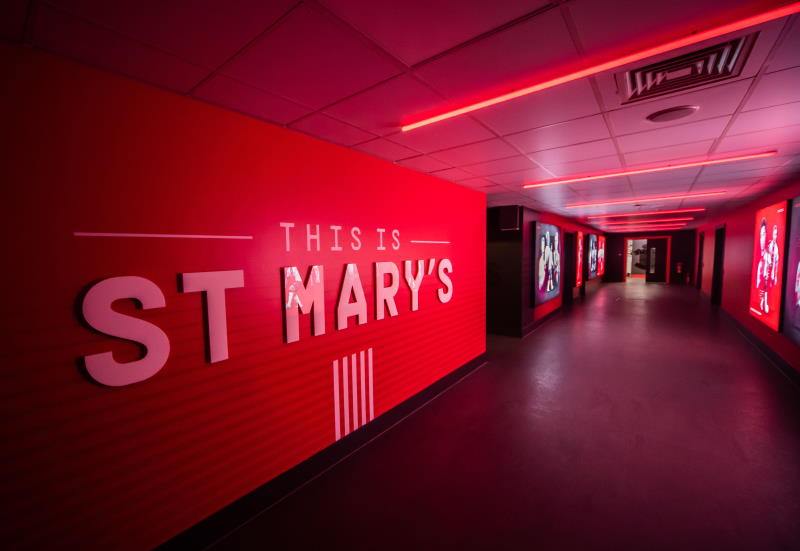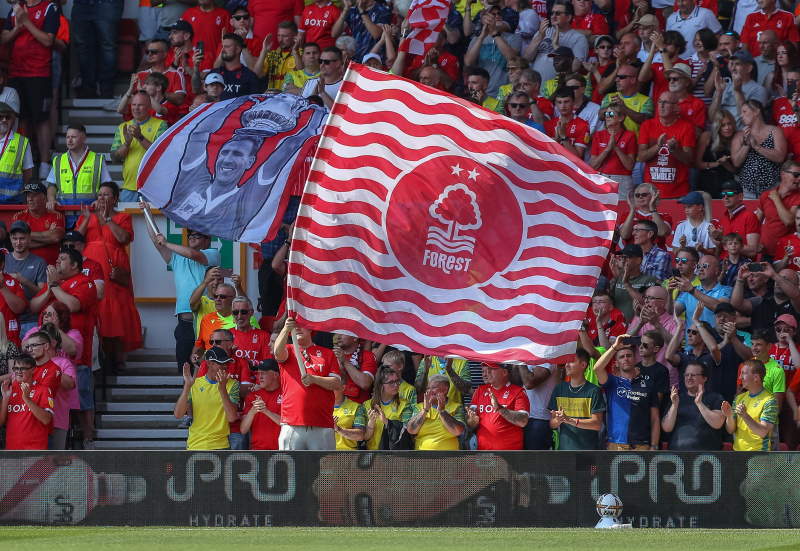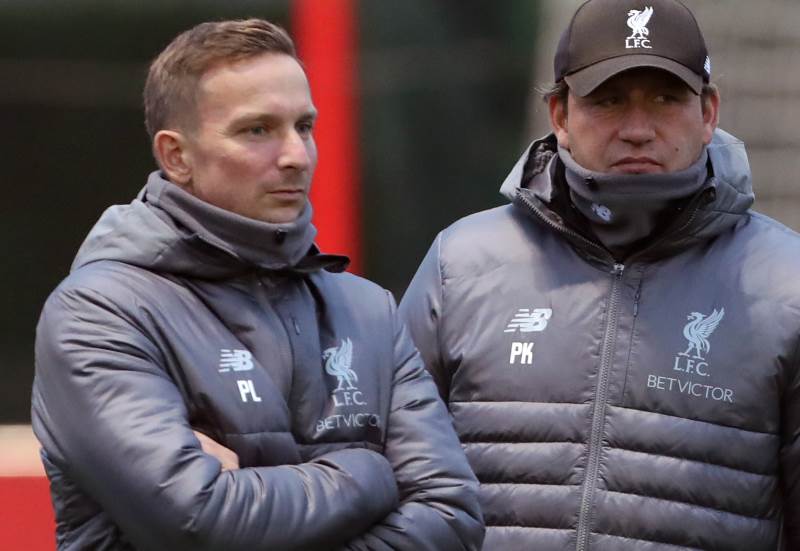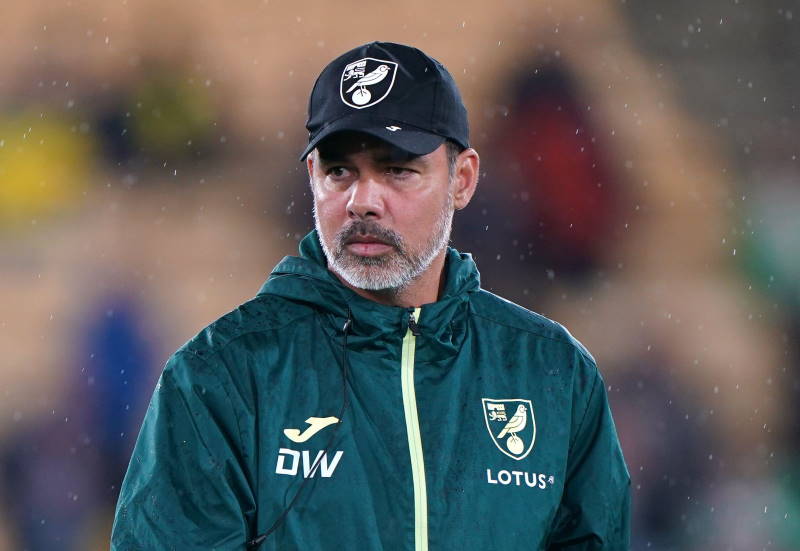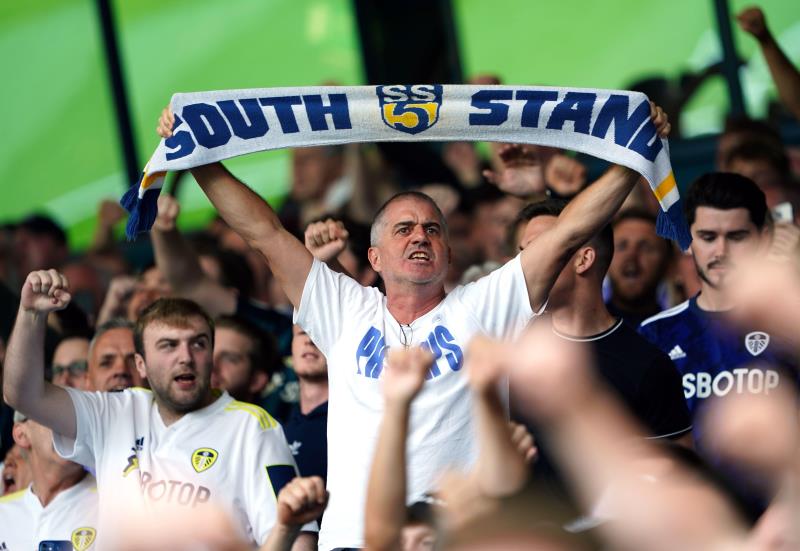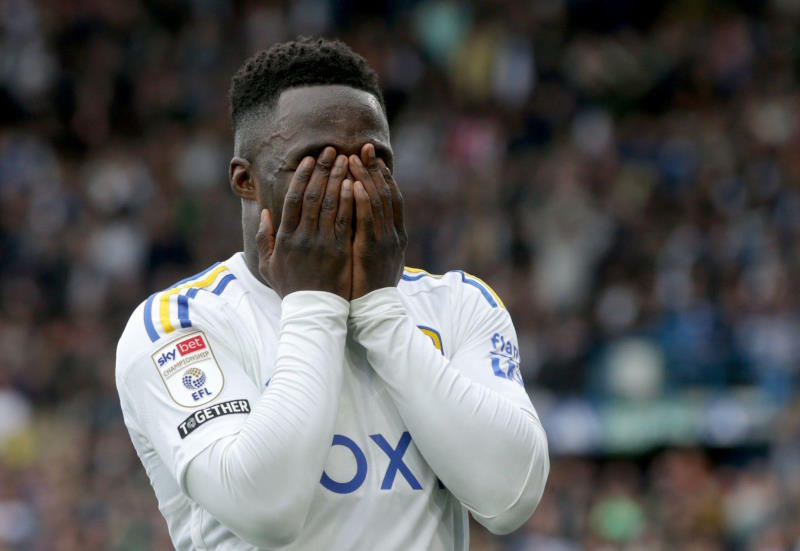
David Mauro
It was in La Serena, a coastal city 500km north of the Chilean capital Santiago, that the country’s most successful club Colo Colo may look back on as the place where their season was saved.
On 26th September, Los Albos found themselves trailing 1-0 to the hosts at the end of the first half. After the break, a fightback was staged and, a 55th minute goal from Esteban Paredes, a Chilean international who had been the team’s most potent goal-getter in the absence of Argentine Ezequiel Mialles, pulled the then-third placed side level. It was three points though, and not one, that were desperately needed by Colo Colo to keep pace in the title race after a disappointing 3-1 loss to Audax Italiano.
In the 95th minute, Colo Colo’s prayers were answered when a free-kick was rifled home by Cristóbal Jorquera. The following Wednesday, Los Albos continued their new found winning ways against Everton de Vina del Mar with a 2-0 victory; five days later a 3-1 win over San Luis de Quillota helped the club to regain first place in the league standings, taking a one point lead over arch-rivals Universidad de Chile.
Although Los Albos’ fortunes have been transformed, their biggest test is yet to come as they await a crucial Super Clasico against rivals Universidad Catolica on 17th October. The sky high expectations at Colo Colo, whose 29 domestic titles are more than double their nearest competitors, add a unique kind of pressure to their pursuits. And nowhere is this evidenced more than in their rapid turnover of coaches.
Since March of last year, Colo Colo have had four different managers and, despite their recent winning streak, there is every chance that current boss Diego Cagna could be the latest casualty. Cagna, a 40-year-old Argentine, whose CV includes a stint at Club Atletico Tigres after a playing career spanning two decades, may soon find his job under threat.
Colo Colo have, despite replacing coaches at regular intervals, continued to enjoy a solid record of domestic success, with the exception of a shocking 13th place finish in the Apertura of 2009.
A charge levelled against Cagna is that he has failed to take the Copa Sudamericana by storm; his predecessor, Hugo Tocalli, another Argentine who now bosses Quilmes Atletico Club in his homeland, left after Colo Colo failed to advance past the group stages of the Copa Libertadores.
Cagna’s failure in the Copa Sudamericana, which came at the hands of the Bolivian side Universitario Sucre, a lesser talented and lower paid bunch, is seen as less excusable than Tocalli’s exit from the Copa Libertadores. Especially as Tocalli had to content with Brazilian giants Cruzeiro and Argentine powerhouses Velez Sarsfield in his group.
Los Albos’ exit to Universitario Sucre immediately placed greater pressure on Cagna to ensure that the club won this year’s domestic title. While Colo Colo put in a valiant effort to defeat their Bolivian opponents 3-1 at the Estadio Monumental, their 2-0 defeat at Sucre ensured it was La U who progressed on away goals.
Although Colo Colo are the only Chilean club to have won the Copa Libertadores, continental competition has been the club’s Achilles heel in recent years. The great success experienced by Universidad de Chile in this year’s tournament – they reached the semi-final before falling to Mexican side Chivas – has placed even more pressure on them to perform in next year’s cup.
The question is not just which manager will be in the dugout for that Copa Libertadores bid next year, but also which players will be wearing the black and white too. Colo Colo are due to elect a new president on 20th November and both principal candidates appear to have change in mind.
While a strong finish to the season could yet alter those plans, former Colo Colo and current Boca Juniors coach Claudio Borghi has been linked with a return to Santiago, where the 46-year-old remains a popular figure. Borghi has struggled at the Argentine giants, leading many in Chile to speculate that the club’s former boss will be looking for work come December. Cagna meanwhile, has sought to diffuse the constant stream of rumours by stating that, while he hopes to remain at Colo Colo for many years to come, he would also like to see his fellow countryman return one day.
On the pitch Cagna has benched Colombian international Macnelly Torres, the most expensive transfer in Chilean football history, starting at half time in the side’s comeback win at La Serena. Torres, one of Colo Colo’s most consistent performers since his arrival from Atletico Juniors in 2008, has not yet been missed, and his replacement Jorquera has proven far more productive. Unless Torres can find a way to break back into the starting eleven, and the good books of Cagna (who has publically criticised him), he and his large salary will most likely be on the way out.
Yet while Cagna’s dropping of Torres may have made sense, the move has divided both the team and the fanbase. Several players, including veteran captain Arturo Sanhueza, have let it be known that they do not feel the Colombian is being treated fairly by the Argentinian boss. The effects of this divide have not yet manifested themselves on the pitch however, and so the issue has been largely ignored.
Sanhueza, who has seen his playing time dwindle since returning from injury earlier this month, could also be on his way out. 29-year-old defender Miguel Riffo, who has spent his entire career with Colo Colo since making his debut in 2001, is also set to be let go.
The success of some of Los Albos’ younger players, including the 16-year-old Bryan Rabello, who displayed poise far beyond his years in the club’s ultimately futile victory over Universitario Sucre, had led many to conclude that it is time for a new page to be turned at the Estadio Monumental, regardless of Colo Colo’s domestic success this year.
At a club the size of Colo Colo expectations will always be high. That a campaign that could easily have been regarded as a dream season, with qualification for both continental tournaments and top spot in the current domestic competition, could spell the end for Cagna and many of the players involved is testament to the club’s – and the supporters’ – serious ambition to become one of the most successful teams in South America.
Whether Colo Colo will succeed, with the managerial carousel still turning and a new cast of players drafted in, remains to be seen.

